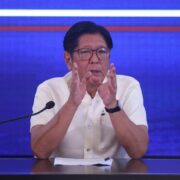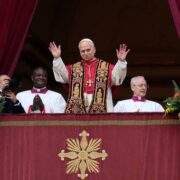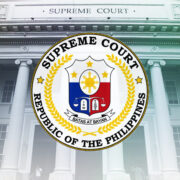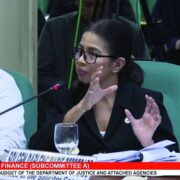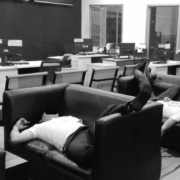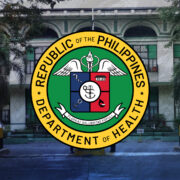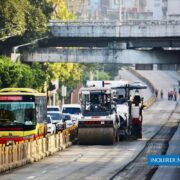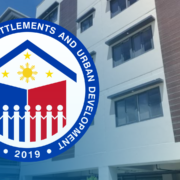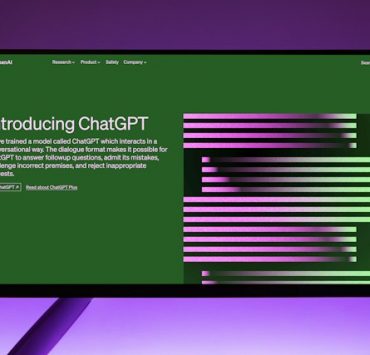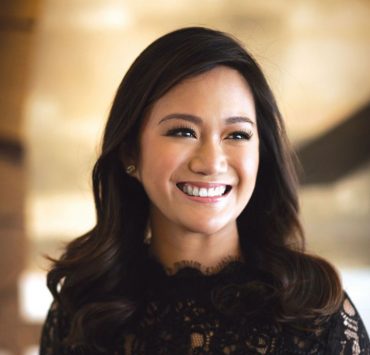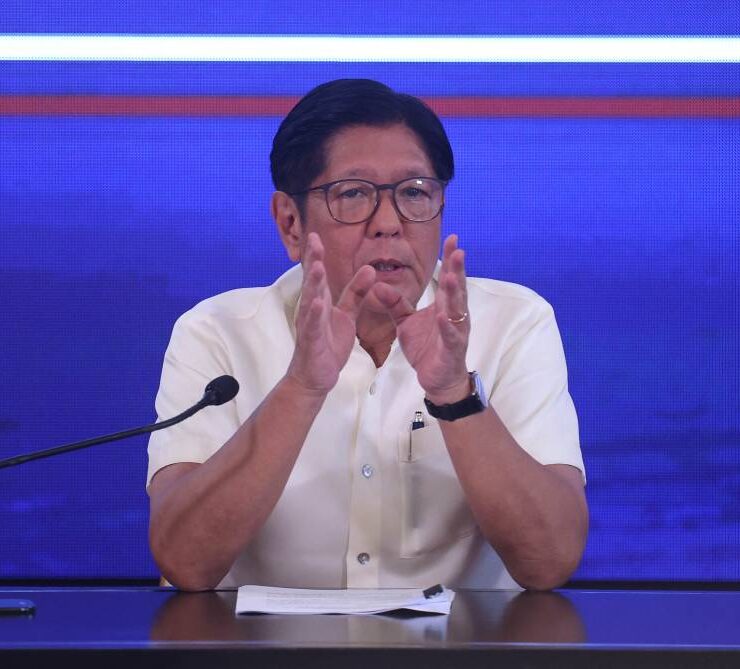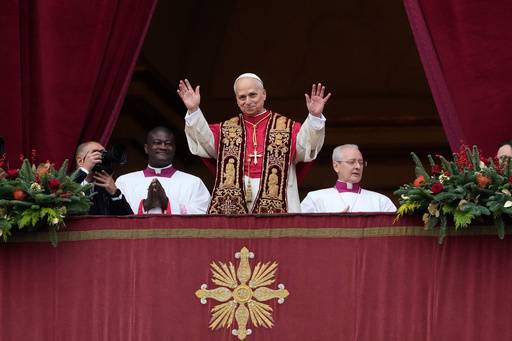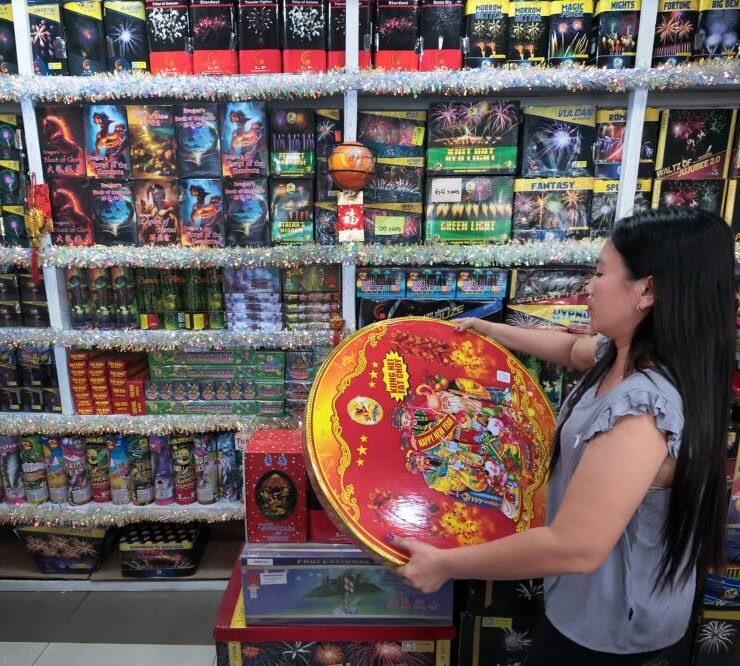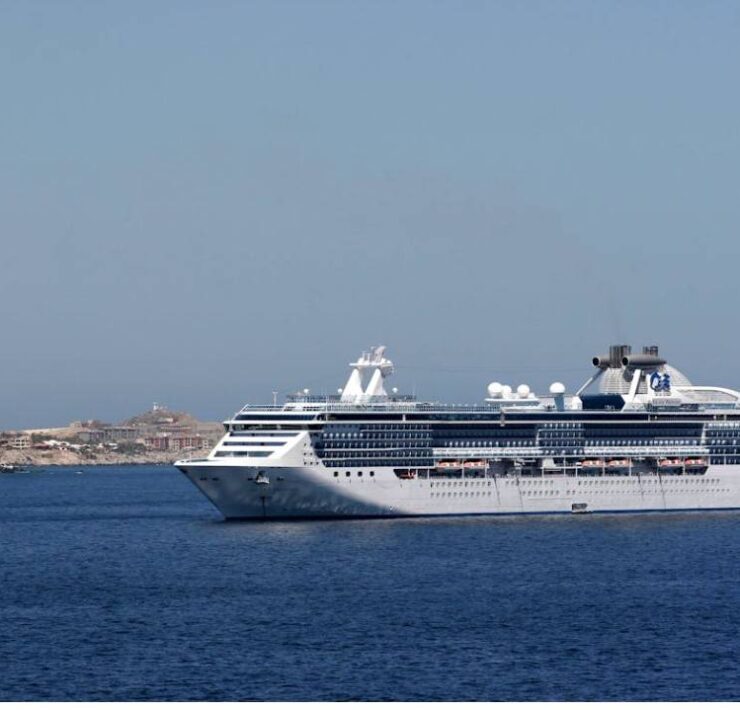Bishop Ambo and political prisoners
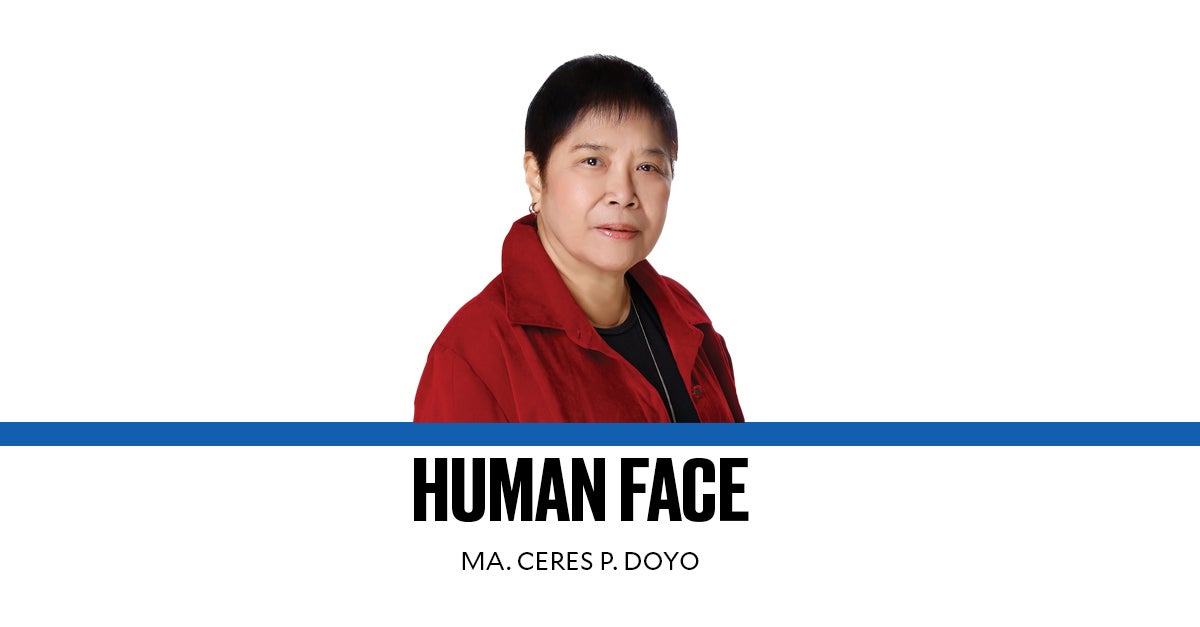
Last Tuesday, I found myself with cause-oriented individuals, six Good Shepherd nuns and the group of Bishop Pablo Virgilio “Ambo” David of the Caloocan diocese and Catholic Bishops’ Conference of the Philippines president, as well as Fr. Nezelle Lirio, executive secretary of CBCP’s Episcopal Commission on Prison Pastoral Care, and Fr. Albert Absalon of the Pasig diocese. A Mass was held at Metro Manila District Jail Annex 4 in Camp Bagong Diwa in Bicutan, Taguig City. The Mass was a “breakthrough” according to Kapatid, a support group composed of families and friends of political prisoners. It was a first by a bishop.
I had not been in the place in a very long time, the last time being in the 1990s when a female friend was detained in the camp. As a human rights worker and writer during the latter years of Marcos’ dictatorial rule (1980s), I was a regular visitor. It was never easy. On this recent visit, I could say that the camp has changed remarkably. But the barbed wires and security checks were still very much in place, grim reminders that the facility is for so-called PDLs (persons deprived of liberty), euphemism for prisoners.
Bishop Ambo told Kapatid spokesperson Fides Lim that he had long “wanted to be invited.” In his homily in Filipino, he expounded on the day’s Gospel reading about Jesus excoriating his critics by saying that “the Sabbath [the law, in other words] should be made for man and not man for the Sabbath [law].” That became fodder for more discussions and sharing after the Mass. When laws are used to oppress and stifle the human spirit instead of getting at the truth, what kind of justice system do we have? The bishop has been a staunch defender of victims/survivors of former president Rodrigo Duterte’s drug war. For this, the bishop said, he and other priests were charged with sedition, estafa, and libel.
Bishop Ambo also dwelled on the first reading about how a young David was chosen by Yahweh, and not through Samuel’s own gut feel, to succeed Saul as king of Israel. Of Jesse’s older sons who were presented as most likely, none was chosen. David, who was out tending sheep and who was called last, was it, Yahweh declared. He with “the ruddy cheeks and beautiful eyes.” The bishop delighted in the Filipino reading’s “may mga matang nangungusap” and so did we. My take: he who is last will be first. We must not judge by first impression, based on one act, the bishop exhorted, we do not always know the whole story. No to prejudice (paunang hatol). Restorative justice instead of punitive justice, he stressed. In his response to the PDLs’ sharing, Bishop Ambo urged Kapatid to link up with CBCP’s prison pastoral care headed by Bishop Oscar Florencio of the military ordinariate.
In this prison facility, the political prisoners are in a class of their own, although the cases filed against them are mostly criminal in nature (not necessarily rebellion, sedition, subversion, etc.). “Criminalization of political offenses” it is called, in case you have not heard of it. In some cases, just when they were being dropped and freedom was nigh, a new set of cases would suddenly be sprung at the accused, nonbailable offenses at that. It is a legal nightmare that speaks about this country’s judicial system. Ah, but wasn’t there an “unspoken” (though overheard!) order that “these [political prisoners] must be kept in jail”? Come what may? At all cost? Justice be damned? (At all cost, no S.)
As of recent count, there are 180,827 PDLs in the entire Philippines, 778 of them political prisoners (49 of them arrested during this present administration). Of the 348 PDLs in Bicutan, 26 are political prisoners. They subsist on a food budget of P70 per person per day. Five warm bodies occupy a 4.7 square meter prison cell. The “high-risk” PDLs (accused of heinous crimes) are in a 3.7 sqm for four.
Four of the political prisoners in Bicutan (Vicente Ladlad, Rey Casambre, Adel Silva, and Renante Gamara) were consultants for the National Democratic Front in past peace talks between the NDF and the government of the Republic of the Philippines (GRP) until Duterte terminated the talks. Soon after, the NDF peace consultants were arrested and charged with criminal offenses. Illegal possession of firearms and explosives are the most common “trumped-up charges” (nonbailable) that they are facing now. With GRP-NDF peace talks being reconsidered, will the NDF peace consultants walk free even if temporarily? Is amnesty or presidential pardon for all acceptable? To all?
Worthy to mention is Kapatid’s plea for executive clemency for Gerardo dela Peña, 84, the oldest political prisoner. I bring up the case of two PDLs from the Dumagat indigenous community. They were made to carry the corpses of those who died in a military operation but after that they were not allowed to go home and were detained instead. They have been languishing in prison for some years now. A heart-rending case.
Send feedback to cerespd@gmail.com



